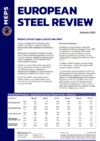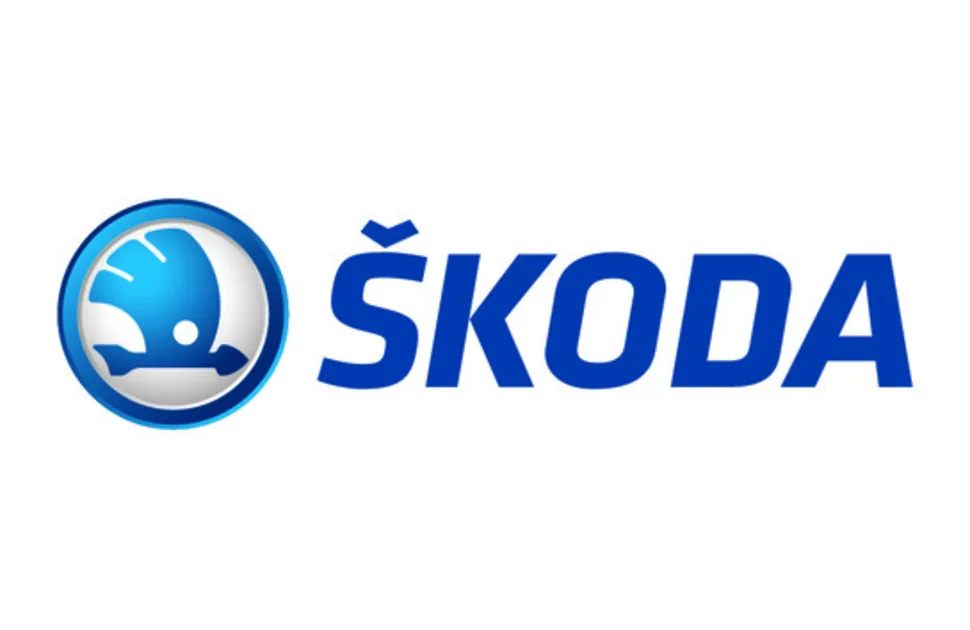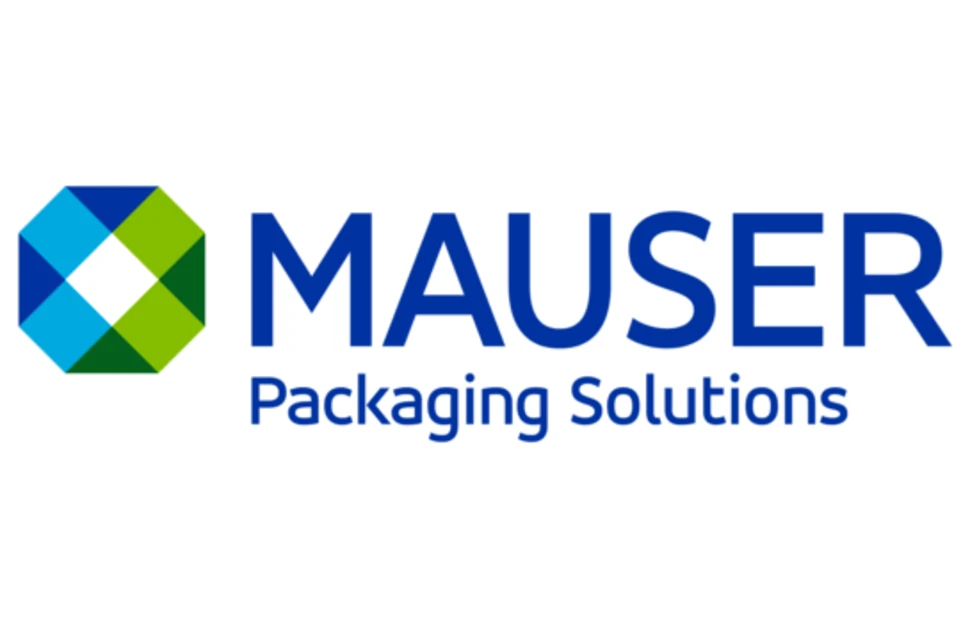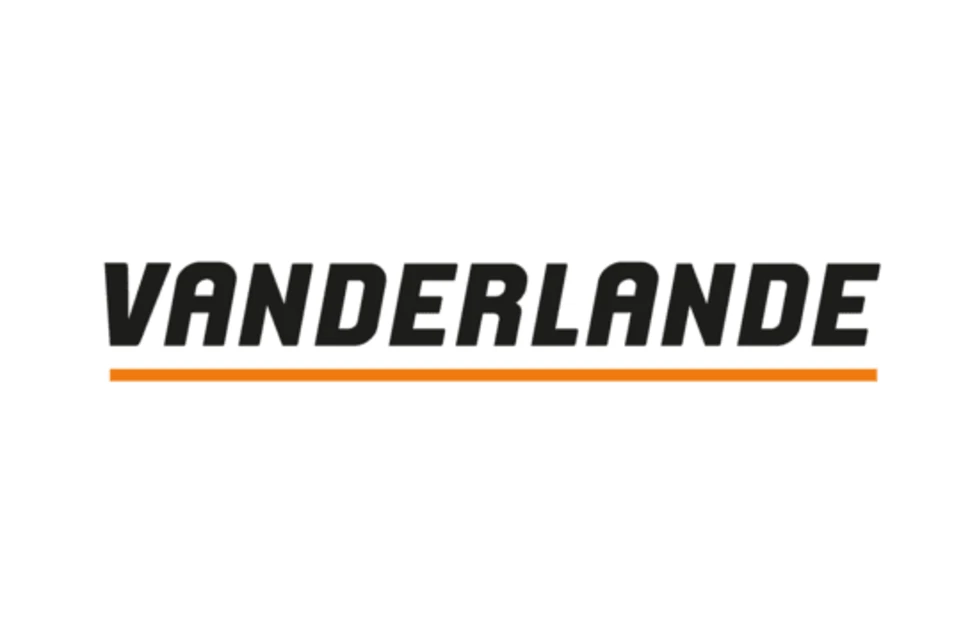Rearranging the European deckchairs?
The recent acknowledgment by Sweden’s SSAB that it is in advanced discussions with Tata, concerning a possible takeover of part of the latter’s European division, namely the IJmuiden steel plant in the Netherlands, is the most recent in a string of developments in the European steel industry giving rise to talk of consolidation.
ArcelorMittal’s (AM) protracted endeavours to take over the former ILVA works, in Italy, and the proposed merger between Tata Europe and thyssenkrupp, rejected by the European Commission, are further examples.
But the question is, does this qualify as consolidation, which could enable restructuring of current heavy overcapacity within the European steel sector, or is it just a rearranging of the existing assets, with some new hands on deck?
In order to complete the acquisition of ILVA, AM was required, by the Commission, on competition grounds, to divest itself of various assets, within the EU, rather than consolidate the Italian plant into its existing portfolio and rationalise production.
The main beneficiary was the Liberty Steel Group, a relative newcomer on the European scene, rapidly expanding its presence across the continent, with production units from Belgium to Romania, and propelling the group into the world’s top ten steel companies. Further opportunities are reportedly within its sights.
The distressed assets of British Steel were acquired by the Chinese group, Jingye, which has stated aims of increasing output, thereby adding to excess European capacity. Ownership of European steel production is now wider spread than it was a few years ago and even a successful sale of Tata IJmuiden to SSAB will merely transfer capacity to an existing player, not consolidate it.
Apparently trapped below decks is Tata’s UK operation, reported to be making heavy losses, the “subsidising” of which has long been a source of friction between the former Hoogovens works and its Indian owners. Dutch workers welcome the proposed SSAB takeover as the best way of sustaining employment.
The understandable reaction to the possible isolation, of Tata in the UK, mirroring the attitude prevalent throughout Europe, notably at ILVA and thyssenkrupp, is that the State must intervene to secure such an important national asset and preserve skilled jobs.
Uncertainty surrounding post-Brexit negotiations deepens concern about the future of Tata’s Port Talbot works but if the UK government succeeds in its attempts to assert its independence over state aid, that would allow intervention to save UK jobs and steel capacity, at least before the icebergs are in sight.

Source:
European Steel Review
The MEPS European Steel Review is an informative, concise and easy-to-use monthly publication, offering unique professional insight into European carbon steel prices.
Go to productRequest a free publication





